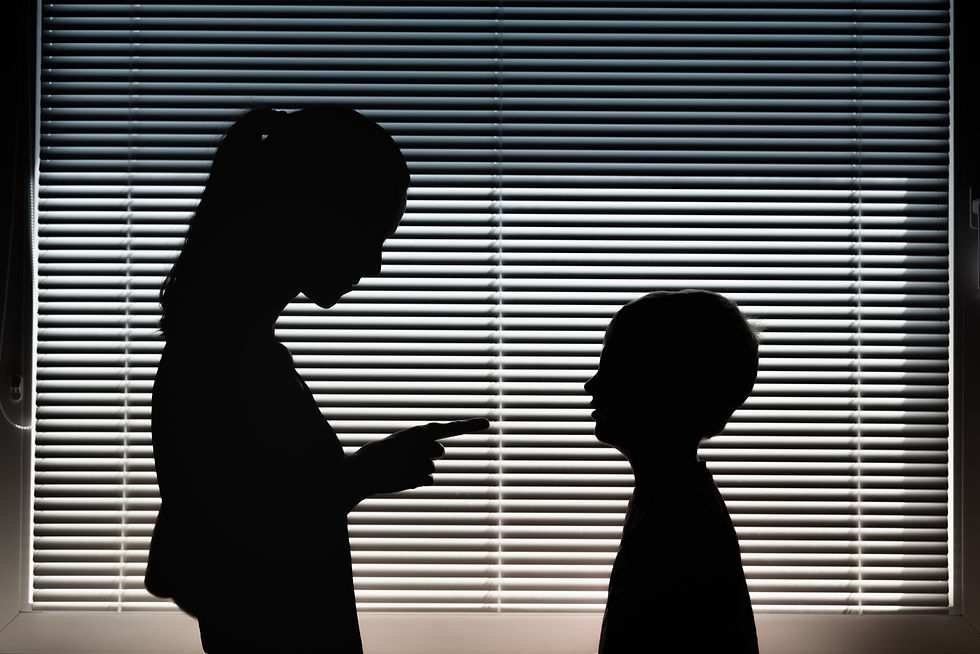I'm sorry
- Dirk Erik Plas
- Apr 21, 2023
- 3 min read
When you were a kid, did you ever hear an adult say, “Kiss and make up” or “Say sorry and forget about it”. Or even as an adult, “having to take responsibility for the mistakes you made” or “having to admit being wrong”?
How did that feel for you to do that? Or how did it feel to hear that kind of ‘sorry’ from the other? There was something off, wasn’t there?
Sorry, I am wrong
To some degree, I always found it challenging to say sorry, to admit that I was wrong, or like we say in the Netherlands: ‘met de billen bloot gaan’ (to unveil my butt cheeks 😅). It made me feel small and inadequate, and it felt like I uncovered myself to be rejected, judged, and even hurt badly.
However, this was what my mum and my teachers asked of me whenever I ended up in a conflict with my sister, friend, or classmate.
Later this became a more significant issue as a project manager when mistakes were made in the projects I led. The culture I worked in demanded I should admit my mistakes and take responsibility for making them.
I also felt this challenge in relationships when seeing the pain or hurt caused by something I said or did. I could not say sorry without internally making myself wrong, being angry at myself, and feeling smaller. On top of that, I often blame others for making me feel that way.
I felt shame for making these stupid mistakes or saying those childish things out of young wounds. "I should know better or be able to deal with my shit by now." Right?
Later I learned that the shame I felt, which resulted in me being ‘guilty of something’, was a cultural shame. I didn’t follow the rules, the rules of my culture, the rules of my school, my job, or even the law. I was guilty, and I had to admit that. I was not ok!
Cultural and authentic shame
When I did some self-awareness training over a decade ago, I started to be able to see what I was doing when saying sorry to someone. And the more I reflected on it, the more I could see that I didn’t say sorry; I didn’t apologize at all. I complied with the rules.
I said sorry because it was asked of me or because I got out of my situation by saying it. I said sorry but didn’t feel sorry.
That’s where I learned about shame. Being with my shame, I could sense that there was something under what I call cultural shame. There was an authentic shame.
When I say something from my wounding, hurt, or out of my defenses, I am not the person I know I am. I am not the person I long to be.
If I lash out because I feel threatened, if I hurt someone by dissociating or showing a lack of care, if I lie to protect myself or my reputation, if I cross boundaries to make myself feel good at the cost of the other, I feel horrible. Not necessarily because I am wrong, but because I acted out of defense, out to f a young pain, and not like the authentic man I long to be. The man I am, in essence. If that happens, I feel a deeper shame, an authentic shame. That hurts!
That shame is a place where I can apologize from. That, for me, is a sincere apology representing true responsibility for my actions.
From that place, I can feel the consequence of my action, deeply empathize with the person hurt by what I did, and stay connected to myself.
I am ok
In this place, I can reflect on and learn from what I did. I can see that I would have done it differently if I had known how at that moment. I can see what I did was wrong, but I am ok. I am ok…
If I say sorry from that place, it is clean and sincere, and it is sorry that is easy to bring and receive. It is an apology that connects me to myself and the hurt person. It is an apology filled with love and care and one that heals.
Authentic Relating
This is, for me, an essential part of authentic relating, and this is why I use authentic relating as part of my work but also in my life and my relationship.
What does saying or receiving a ‘sorry’ mean to you?




Comments